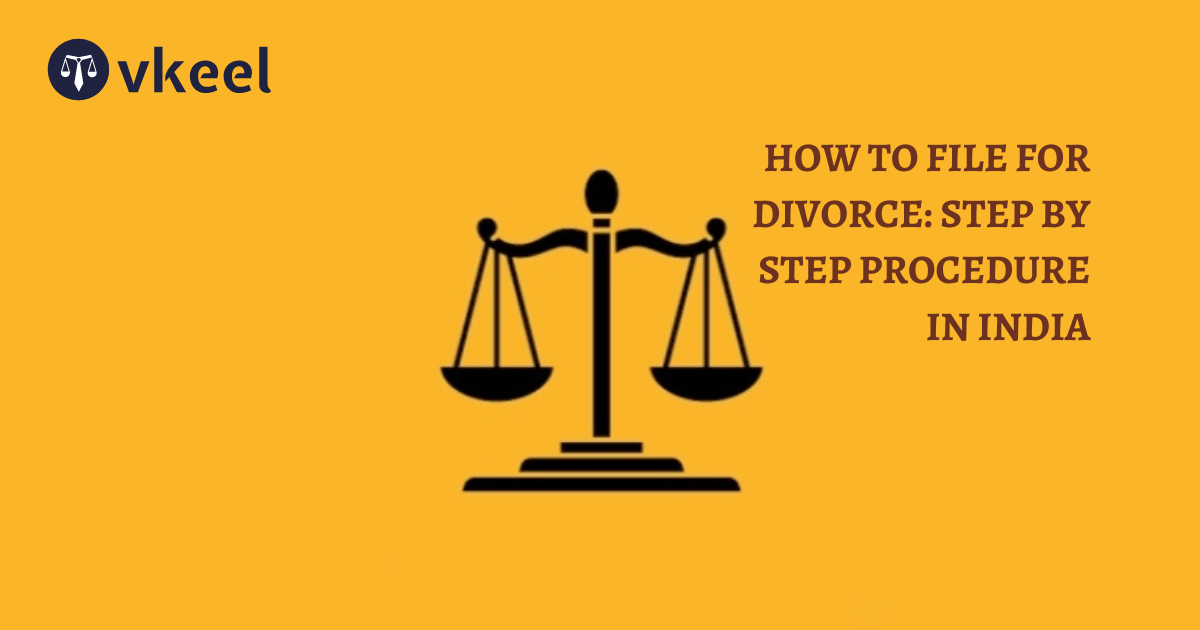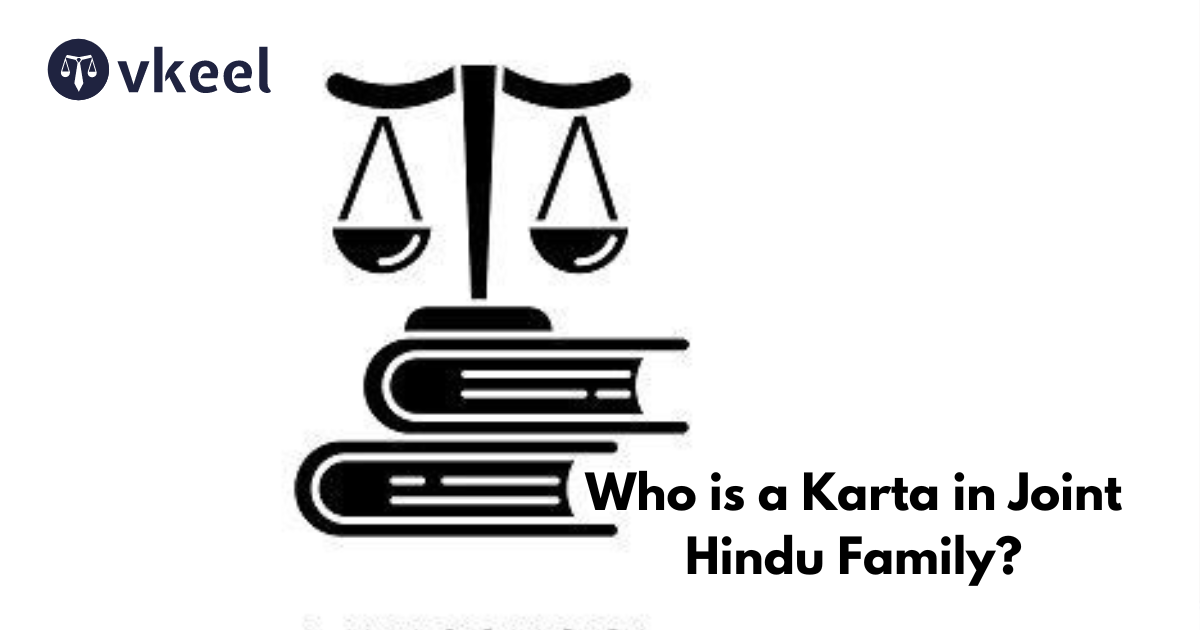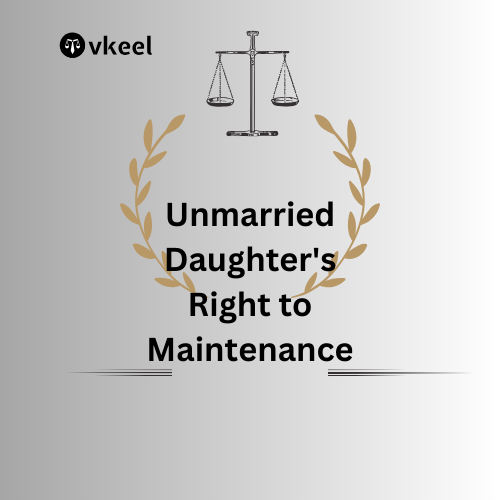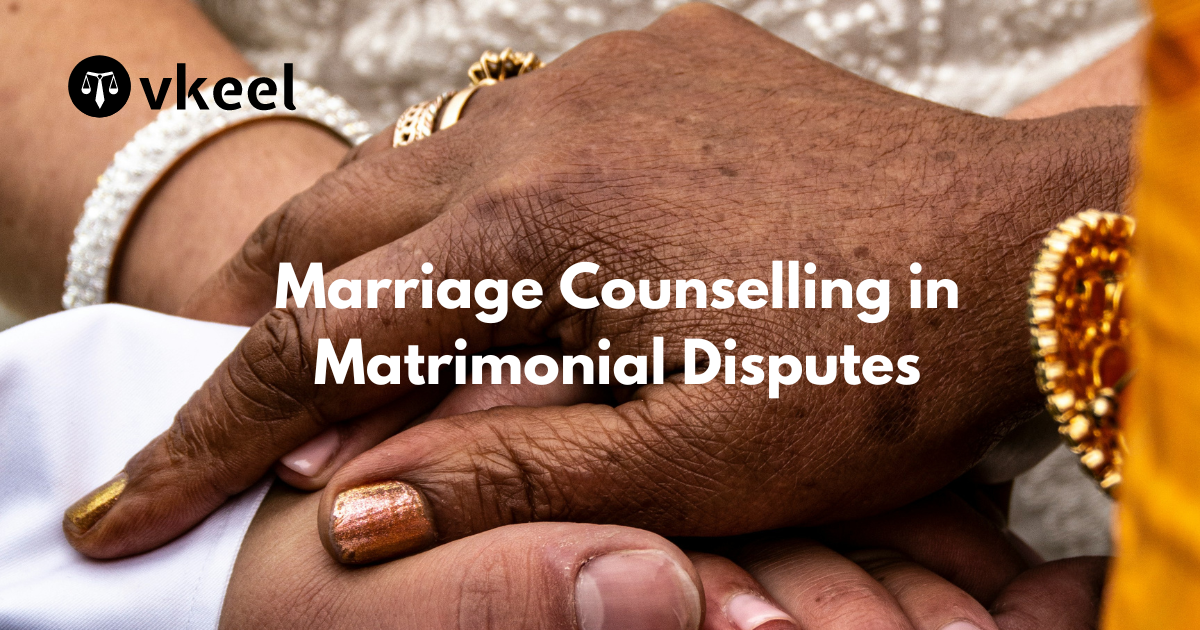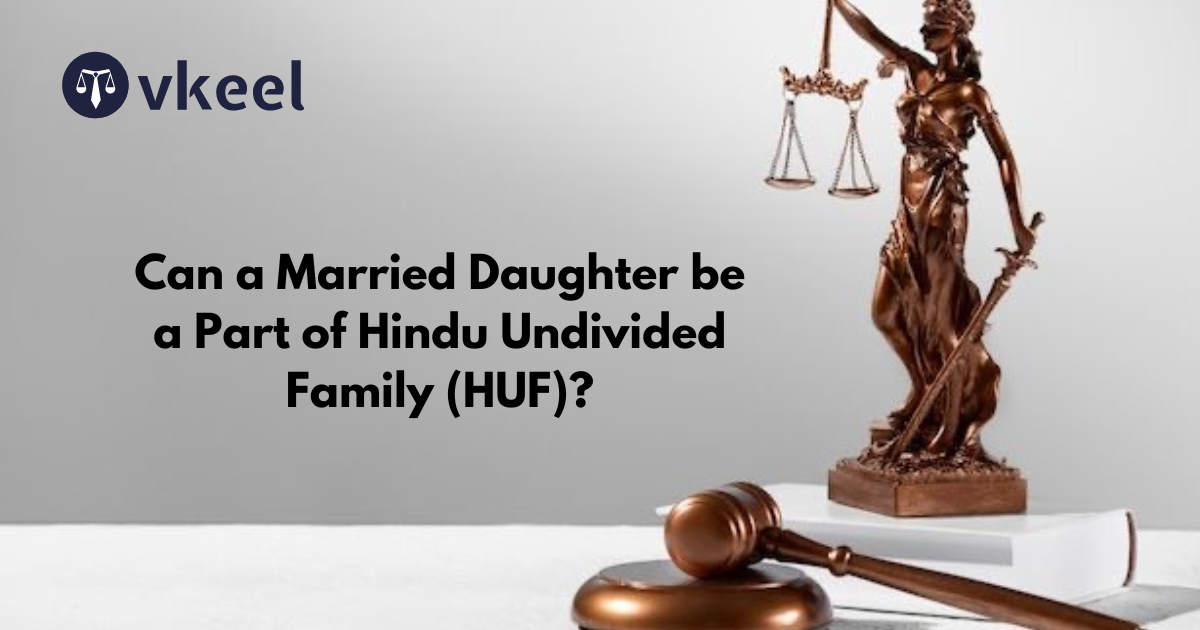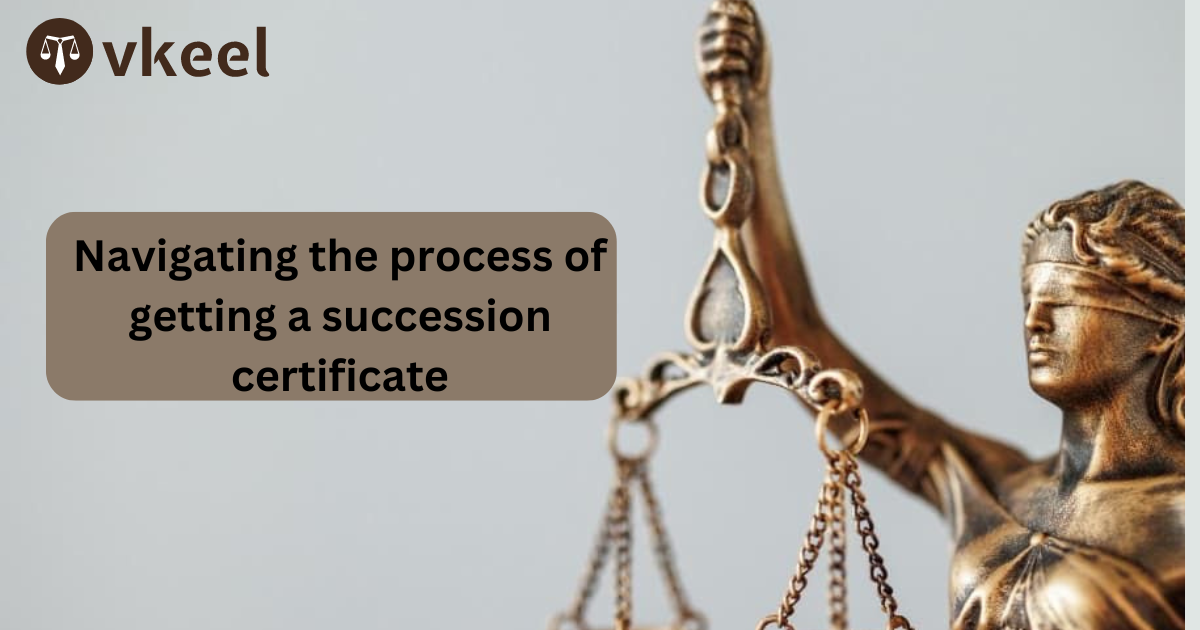HOW TO FILE FOR DIVORCE: STEP BY STEP DIVORCE PROCEDURE IN INDIA
By Joy Puri
Table of Contents
What is divorce?
Divorce in the modern era has been defined by various jurists and thinkers of the society. It was thereby deciphered that it is a legal process through which a marriage is formally put on an end, which resultantly brings in the dissolution of the marital bond between two individuals. It involves the termination of legal responsibilities and duties of marriage, such as spousal support, division of property, and child custody and others. The specific procedures and laws governing divorce vary by jurisdiction related to the issue , but common grounds for divorce may include irreconcilable differences, adultery, abandonment, desertion, or abuse of a dominant partner over the other.
In Hinduism, the concept of marriage is deeply depicted, considered not only a union between the two sexes but a sacred marital bond that extends beyond the prevailing lifetime. Divorce, while acknowledged as a legal recourse, is seen as a disruption of this sacred partnership and bond which the couple built over the years, and is generally discouraged. The statute tends to provide divorce if a marriage can be legally dissolved, it can be on the basis of adultery, cruelty, desertion, mental illness, or conversion to another religion. Despite these legal avenues, divorce is often stigmatized within Hindu communities of the country, with societal and cultural pressures urging couples to reconcile rather than separate.Despite the cultural and religious significance attributed to marriage, there is recognition within Hinduism that relationships may reach irreconcilable points, where divorce becomes the only viable option which the individuals are left with. In such cases, the emphasis shifts towards minimizing the damages that are caused and ensuring a fair and just resolution for both parties involved such that the marital bond is not ended. Mediation, counselling, and reconciliation efforts are often encouraged and promoted, with the aim of preserving family unity and minimizing the social repercussions of divorce.
In recent years, there has been a particular shift in perception towards divorce within Hindu communities, particularly influenced by the dynamic societal norms, urbanization, and greater individual autonomy provided tom the people of the country. While divorce continues to be approached with caution and stigma, there is also growing acceptance of the idea that not all marriages are destined to last forever, and that sometimes separation may be the healthiest choice for all parties involved in regards to a particular scenario. Despite these shifts, the reverence for marriage and the emphasis on reconciliation remain deeply ingrained within Hindu cultural and religious practices, shaping attitudes towards divorce within the community.
On the other hand taking the view of the muslim people of the country, there are various Islamic scriptures which define the concept of divorce. It has also been entailed in
Surah Al-Baqarah (2:229-230):
“Divorce is twice. Then, either keep in an acceptable manner or release with good treatment. And it is not lawful for you to take anything of what you have given them unless both fear that they will not be able to keep the limits of Allah. But if you fear that they will not keep the limits of Allah, then there is no blame upon either of them concerning that by which she ransoms herself. These are the limits of Allah, so do not transgress them. And whoever transgresses the limits of Allah – it is those who are the wrongdoers. And if he has divorced her [for the third time], then she is not lawful to him afterward until she marries a husband other than him. And if the latter husband divorces her, there is no blame upon the woman and her former husband for returning to each other if they think that they can keep the limits of Allah. These are the limits of Allah, which He makes clear to a people who know.”
Surah At-Talaq (65:2-3):
“And when they have fulfilled their term, either retain them according to acceptable terms or part with them according to acceptable terms. And bring to witness two just men from among you and establish the testimony for Allah. That is instructed to whoever should believe in Allah and the Last Day. And whoever fears Allah – He will make for him a way out and will provide for him from where he does not expect. And whoever relies upon Allah – then He is sufficient for him. Indeed, Allah will accomplish His purpose. Allah has already set for everything an extent.”
Steps to file a divorce
The filing of divorce can be a difficult task in India but justice is always guaranteed in the end. The steps to file for a divorce in India have been listed below.
Filing a Petition: The process of divorce trials unfolds when the petitioner who is aggrieved approaches the court of law via petition in the registry. The petition of divorce is drafted and submitted by the legal counsel.
Service of Summons: Once the petition is filed, the court issues summons to the respondent in the related case in order to appear before the court and respond to the petition. The summons are to be served to the respondent, in accordance to the procedures established by law.
Response from the Respondent: The respondent is awarded with a certain period of time, which usually comprises of around 30 days, to file a response to the petition, stating whether they contest or agree to the divorce and addressing any issues raised in the petition.
Hearing: The court conducts a hearing to ascertain the validity of the grounds for divorce and to determine whether both parties are willing to proceed with the divorce or not. It works on the principle of hearing the other side, Audi Alterm Partem.
Alternate Dispute Resolution: In some cases, the court may refer the parties to mediation or counseling sessions in an attempt to reconcile their differences and settle the matter amicably.
Evidence and Arguments: If the divorce is contested, both parties are entitled to the opportunity of presenting evidence and arguments supporting their case during subsequent hearings.
Judicial Trial: The court conducts a trial to hear testimony from both parties and any witnesses, examine evidence, and make a decision based on the merits of the case.
Judgment: After considering all the evidence and arguments presented, the court will pronounce its judgment, either granting or denying the divorce based on the legal grounds and merits of the case. The court generally awards the parties with Judicial Seperation in order to bring them back together.
Decree of Divorce: If the court grants the divorce, it will issue a decree of divorce, which legally terminates the marriage and terminates the marital bond which existed between the parties.
Appeal: Either party may appeal the court’s decision to a higher court if they believe there are grounds for appeal, such as errors in law or procedure.
Which courts deal with these matters?
In India, family matters such as divorce, maintenance, custody, etc., are primarily dealt with under the Family Courts Act, 1984. This act plays a pivotal role in bringing the matters to a reasonable decision and serving justice to the people of the country. Family Courts are specialized courts established to handle disputes arising out of familial relationships.
Taking the example of the capital of the country, In Delhi, family matters are handled by the Family Courts established under this Act. Some of the Family Courts in Delhi are:
Principal Judge, Family Courts, Tis Hazari Courts, Delhi
Additional Principal Judge, Family Courts, Tis Hazari Courts, Delhi
Principal Judge, Family Courts, Dwarka Courts, Delhi
Additional Principal Judge, Family Courts, Dwarka Courts, Delhi
Principal Judge, Family Courts, Rohini Courts, Delhi
Additional Principal Judge, Family Courts, Rohini Courts, Delhi
These courts decipher a great range of issues, including divorce, child custody, maintenance, adoption, guardianship, and domestic violence cases. One of the priority functions of family courts is to encourage better resolutions through mediation or conciliation, aiming to mitigate adversarial confrontations and foster communication between parties. Moreover, family courts prioritize the protection of vulnerable individuals, such as children and spouses, by issuing orders for restraining or protective measures when necessary. When disputes cannot be resolved through alternative methods, family courts adjudicate legal issues, applying specialized knowledge of family law to ensure fairness and equity for all parties involved. They strive to uphold the rights of individuals, particularly children, and promote access to justice by streamlining procedures and offering legal aid services. Ultimately, family courts contribute to the stability and well-being of families within society by addressing conflicts and fostering healthy family relationships through their multifaceted roles.
Statutes involved in antecedent matters
In India, family matters are governed by various statutes depending on the religion of the individuals involved. There are particular statutes involved in family matters for Hindus, Muslims, and under secular law.
Hindu Law:
Hindu Marriage Act, 1955: This Act entails the solemnization and registration of Hindu marriages, as well as the legal rights and obligations of Hindu married couples. It also provides for matters such as divorce, restitution of conjugal rights, maintenance, and adoption among Hindus.
Hindu Succession Act, 1956: This Act deals with the inheritance and succession of property among Hindus, including matters related to intestate succession, testamentary succession, and rights of heirs.
Hindu Minority and Guardianship Act, 1956: This Act pertains to the custody and guardianship of minor children among Hindus, including the appointment and powers of guardians, custody disputes, and maintenance of minor children.
Muslim Law:
Muslim Personal Law (Shariat) Application Act, 1937: This Act applies Muslim personal law (Sharia) to matters of marriage, succession, inheritance, and charitable endowments among Muslims in India. It encompasses various sources of Islamic law, including the Quran, Hadith, and Sunnah.
The Dissolution of Muslim Marriages Act, 1939: This Act provides grounds for Muslim women to seek divorce under specific circumstances, such as cruelty, desertion, impotence, and apostasy.
Muslim Women (Protection of Rights on Divorce) Act, 1986: This Act addresses the issues of maintenance and the provision of fair settlement upon divorce for Muslim women. It ensures that Muslim women are entitled to maintenance beyond the period of iddat (the waiting period after divorce).
Secular Law:
Special Marriage Act, 1954: This Act applies to marriages between individuals of different religions or those who do not wish to marry under their personal laws. It provides for the solemnization and registration of such marriages, as well as divorce, restitution of conjugal rights, and maintenance.
Guardians and Wards Act, 1890: This Act is applicable to matters concerning the guardianship of minors and their property, irrespective of the religion of the parties involved. It provides for the appointment and powers of guardians, as well as matters related to custody and maintenance of minors.
Conclusion
Talking about the today’s times, the process of obtaining a divorce remains complex due to the diverse legal frameworks rooted in religious laws of the country. These laws, which vary depending on one’s religion, highlight specific conditions and procedures for divorce. Despite efforts to ease the process, divorce continues to carry a strong social stigma, particularly for women, in many communities across the country.
However, there has been a noticeable shift in societal attitudes towards divorce, especially in urban areas. As awareness of legal rights grows and cultural norms evolve, more individuals are opting to end marriages that they feel are untenable. This trend is indicative of changing perceptions of marriage and individual autonomy within Indian society. Nevertheless, navigating the legal hardships of divorce can be challenging. Disputes over financial matters, such as asset division and alimony, as well as custody arrangements for children, often arise and can prolong the process and can become a hurdle for both the parties. These issues lessen the emotional and practical complexities involved in dissolution of marriage.Overall, divorce in India represents a dynamic interplay between legal, cultural, and social factors. While legal reforms have aimed to streamline the process, the enduring influence of traditional values and societal expectations continues to shape individuals’ experiences of divorce, impacting their lives in profound ways.
Disclaimer:
The information provided in the article is for general informational purposes only, and is not intended to constitute legal advice or to be relied upon as a substitute for legal advice. Furthermore, any information contained in the article is not guaranteed to be current, complete or accurate. If you require legal advice or representation, you should contact an attorney or law firm directly. We are not responsible for any damages resulting from any reliance on the content of this website.

